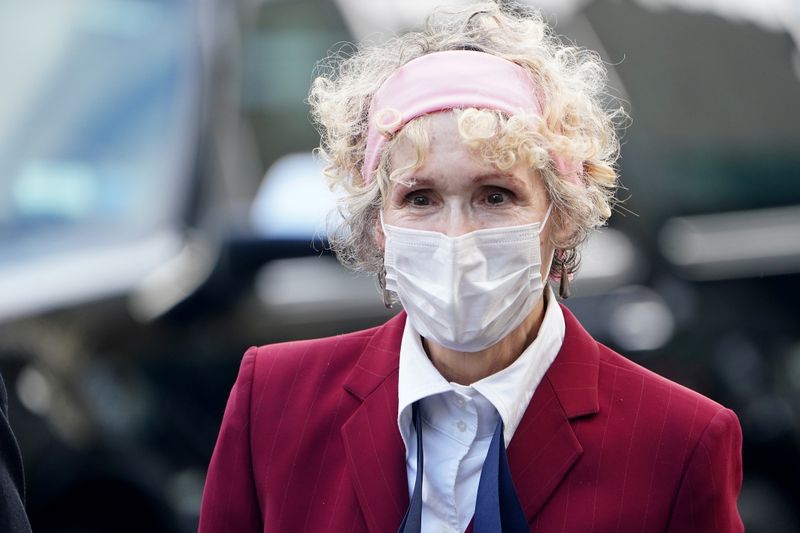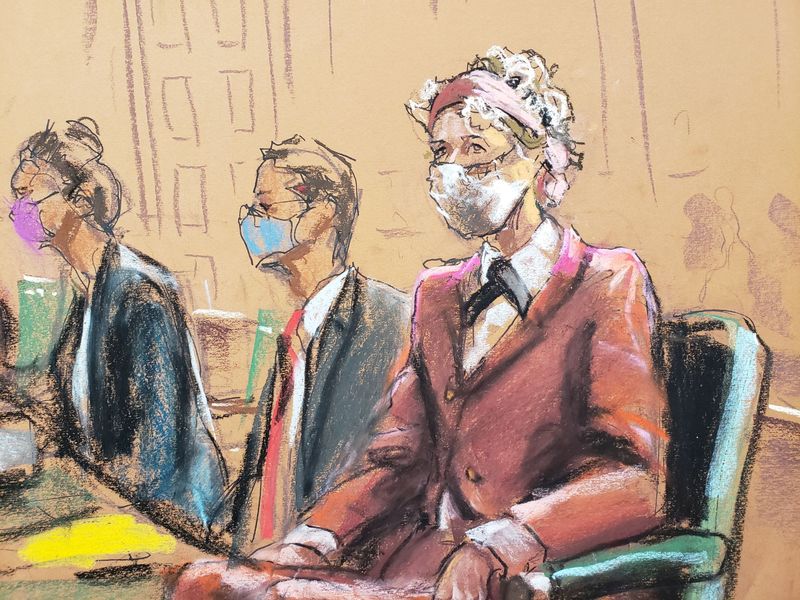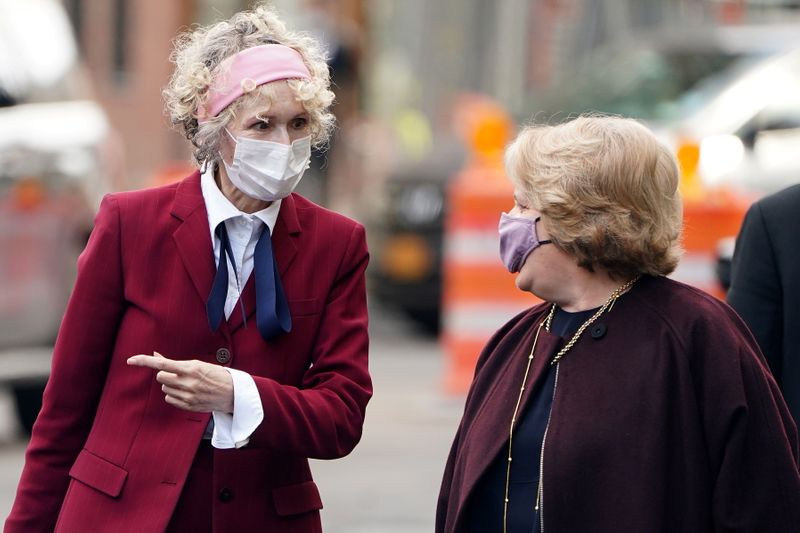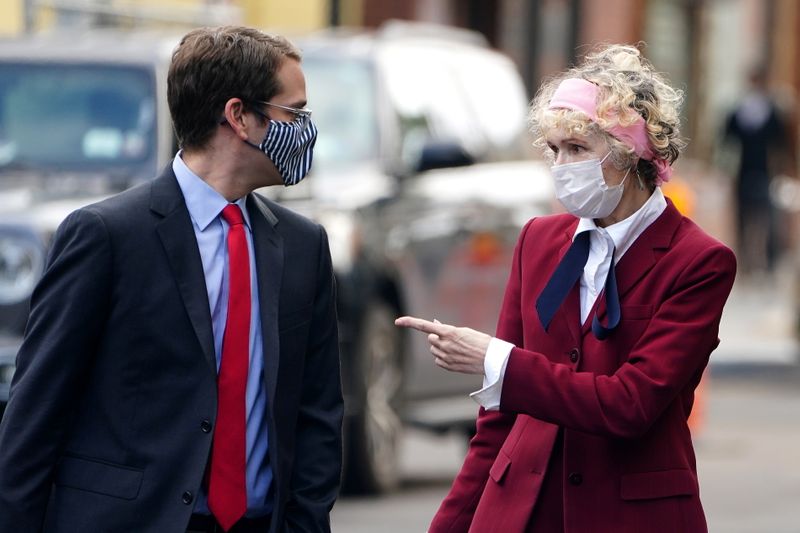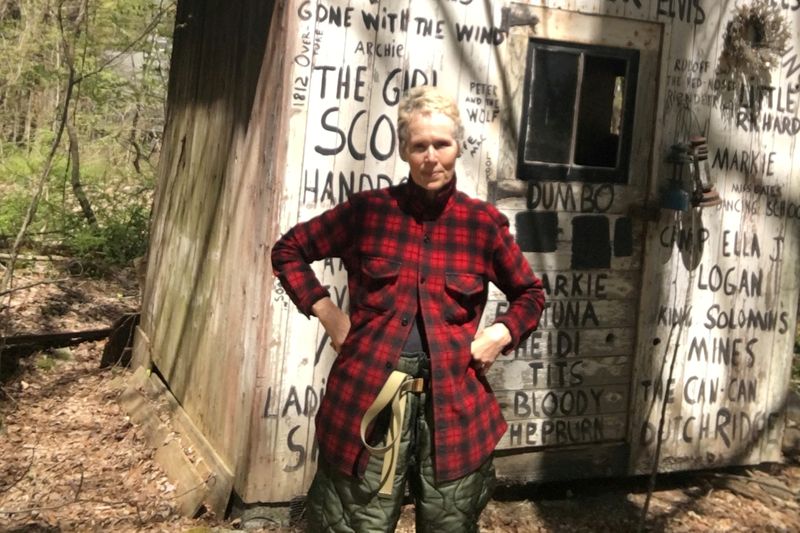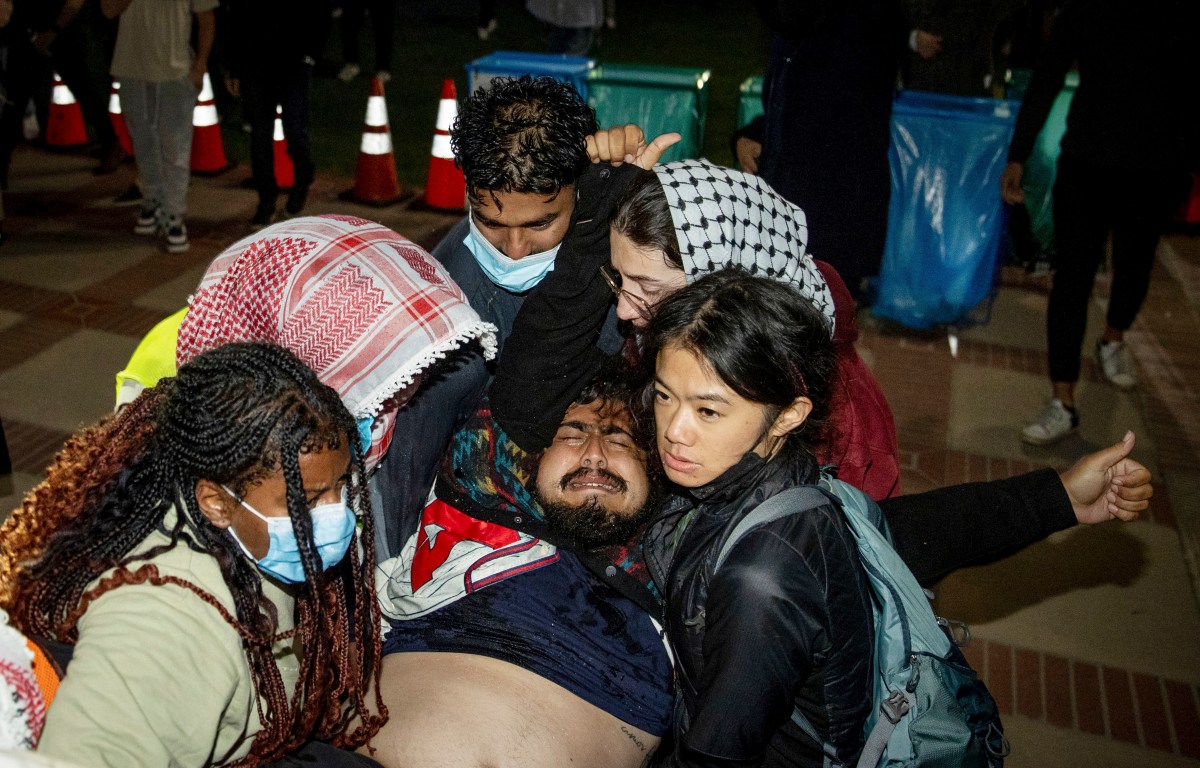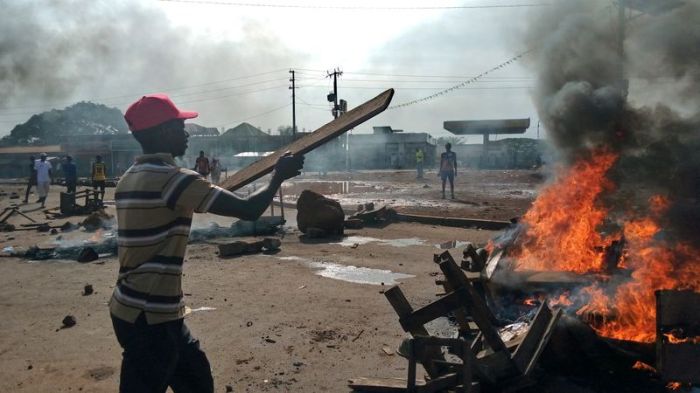NEW YORK (Reuters) – A U.S. judge said he will consider without hearing arguments whether to excuse President Donald Trump from a defamation lawsuit by a former Elle magazine columnist, after the coronavirus pandemic unexpectedly derailed the government from presenting its case on Wednesday.
The decision by U.S. District Judge Lewis Kaplan in Manhattan disappointed the lawyer for E. Jean Carroll, the former columnist, who said that Trump raped her in a Manhattan department store a quarter century ago and falsely denied it happened.
At the behest of Attorney General William Barr, the U.S. Department of Justice has been trying to substitute the federal government for Trump as a defendant in Carroll’s case, shielding the president from liability and likely dooming Carroll’s claim.
But the Justice Department lawyer who planned to argue the case was stopped at the courthouse door because he had traveled from Virginia, requiring that he quarantine for 14 days under an Oct. 13 advisory from New York Governor Andrew Cuomo.
Kaplan gave the government a choice of having another lawyer argue its case, having the lawyer denied entry do it by phone, or having no arguments, and it chose the last option.
“We’re obviously disappointed by this turn of events,” Carroll lawyer Roberta Kaplan said.
Kaplan also said he would not consider new arguments the Justice Department made in a Monday brief because Carroll would not have an opportunity to respond.
“I’m sorry so many people were inconvenienced,” the judge said. He did not say when he will rule.
The lawsuit is one of many legal actions Trump faces as he prepares to seek re-election on Nov. 3.
Carroll sued Trump over his denials to the press in June 2019 that he had raped her in the Bergdorf Goodman department store in the mid-1990s or even knew who she was, claiming that Carroll made up the story to sell a new book. Trump added: “She’s not my type.”
In August, a decision by a state judge in Manhattan allowing the case to go forward paved the way for Carroll’s lawyers to seek a DNA sample from Trump, which the writer hoped to match against the dress she said she wore at the store.
That process went on hold when the Justice Department intervened and sought to formally move the case to federal court.
The Justice Department has argued that Trump acted in his official capacity when denying Carroll’s claims because they were matters that interested the public or his constituents, and therefore he could not be sued personally for defamation.
Carroll’s lawyers rejected that argument, and accused Trump of hiding behind his office to avoid accountability when it suited him, sometimes claiming that his business dealings and Twitter activity were “personal” matters beyond court review.
Several women have accused Trump of sexual misconduct occurring before he took office. He has denied their claims.
(Reporting by Jonathan Stempel in New York; Editing by Marguerita Choy and Jonathan Oatis)

